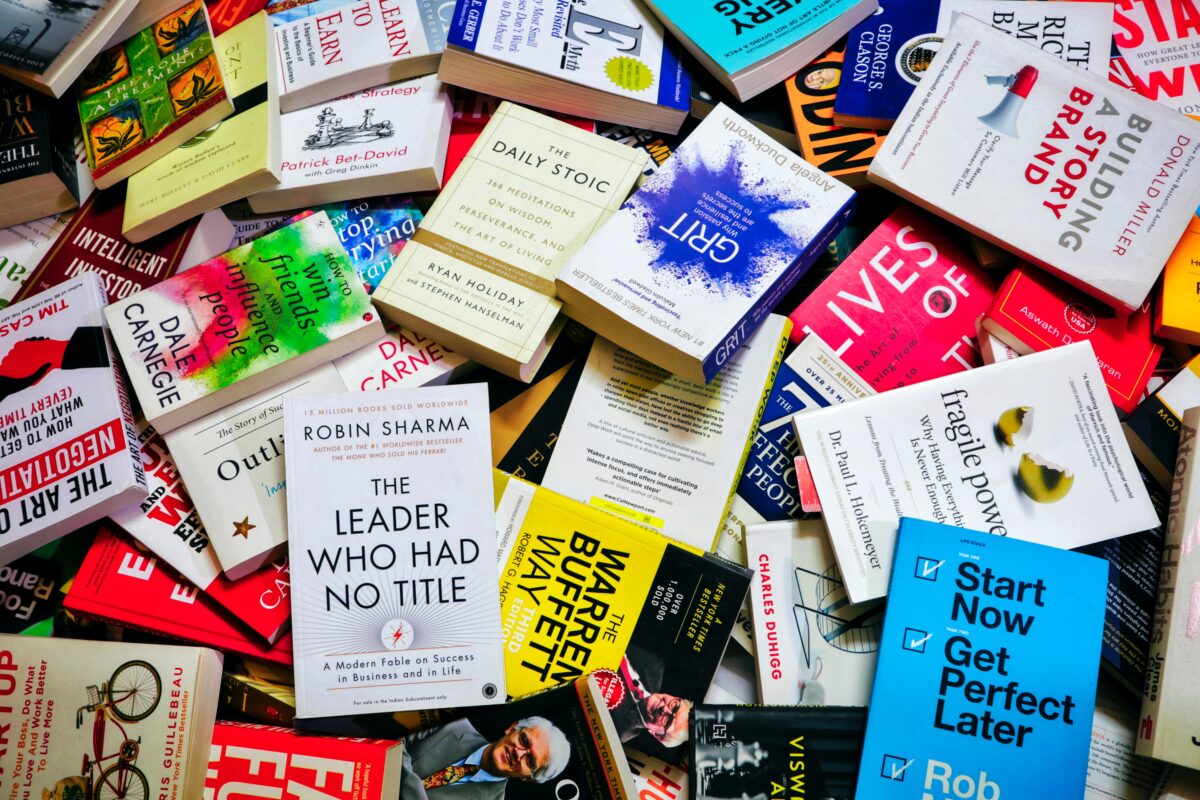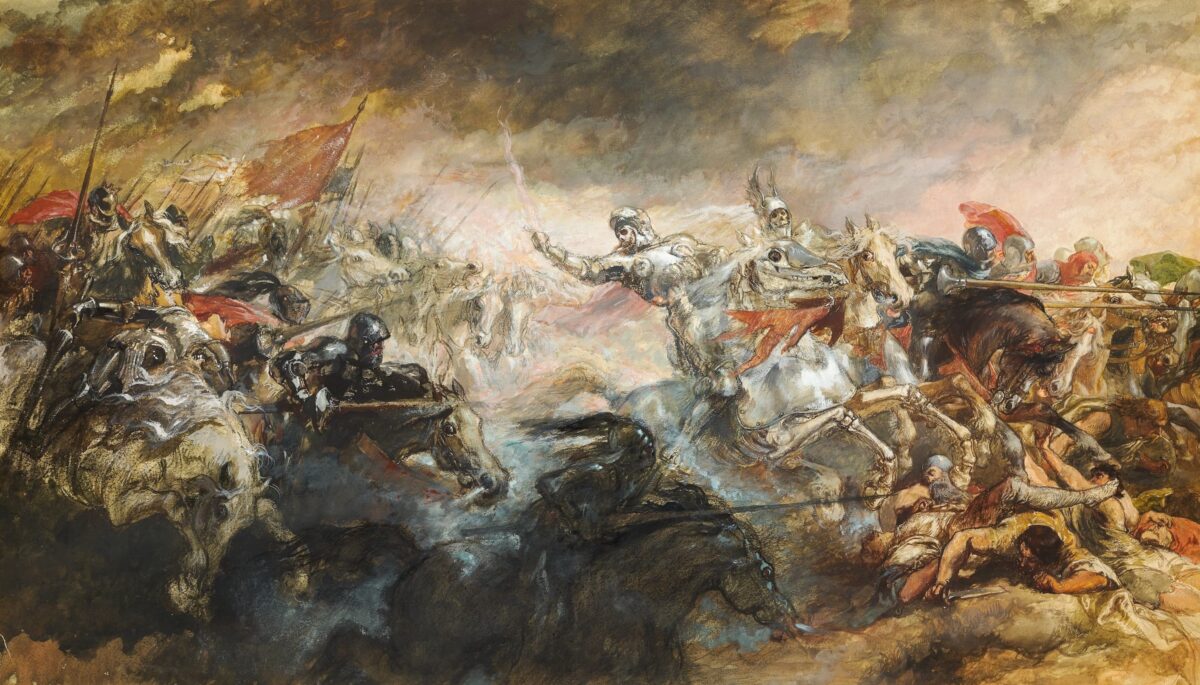In the past couple of weeks, I feel that I’ve been in an extraordinary amount of stress and emotional turmoil. There has been… 7 stress generators and I’ve honestly felt overwhelmed every single day.
Thankfully at this point of writing, it has been reduced to 4.
I’m going to write about how I’ve dealt with all these things happening all at once; for me to reference in the future, and for the random reader that might find this useful. It’s a combination of thoughts, ideas, phrases that has helped me.
- Feelings are real but not reality; acknowledge that whatever that I’m feeling is real, then let it go. Just because it feels like the world is burning doesn’t mean that it really is.
- The english language identifies emotion as part of yourself; “I am sad”, implies that you are sadness. I like the Irish phrase of “ta bron orm”, which translates to “sadness is on me”. It’s just an emotion that is on you for the time being.
- This too shall pass; Winter always turns to spring; The darker the night, the nearer the dawn
- Focus on being present, if you focus on the present, there are very little things that is a problem right now. If you are sheltered and well fed, there are no problems that exist in the now. Most of our modern problems exists in the future.
- Anxiety and fear are emotions that are future-oriented, sadness is past oriented. Recognise that these emotions exists to help me make better decisions in the present.
- Do the next and most necessary thing, it is all, and the only thing that I can do.
- Suffering only exist because I care about it, and caring about anything gives it meaning. Trying to avoid suffering is to care less, which makes it less meaningful, which is just running away. Thus, I accept the suffering because it’s the only way for me to find meaning in life.
- Regardless of how it looks in retrospective, I believe that I always make the best decision given what I know at the moment. Therefore, if what I know changes, have the courage to make a different decision.
- Write 3 things that I’m grateful for everyday because honestly, it could’ve been worse
- Choose to be kind, if it’s all the same then might as well


